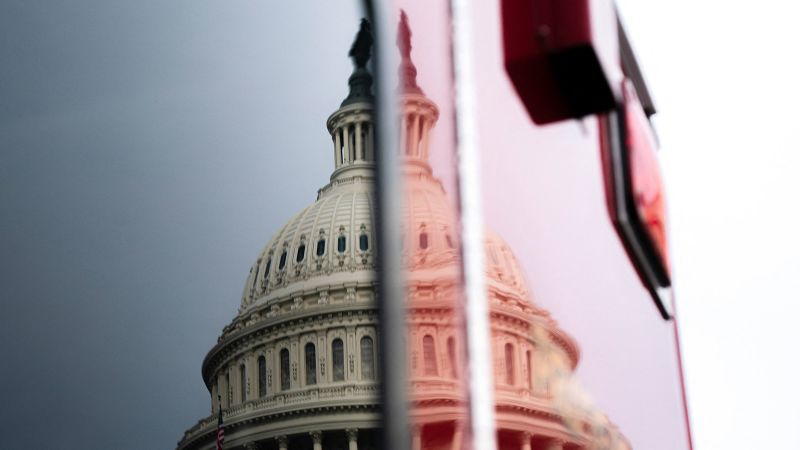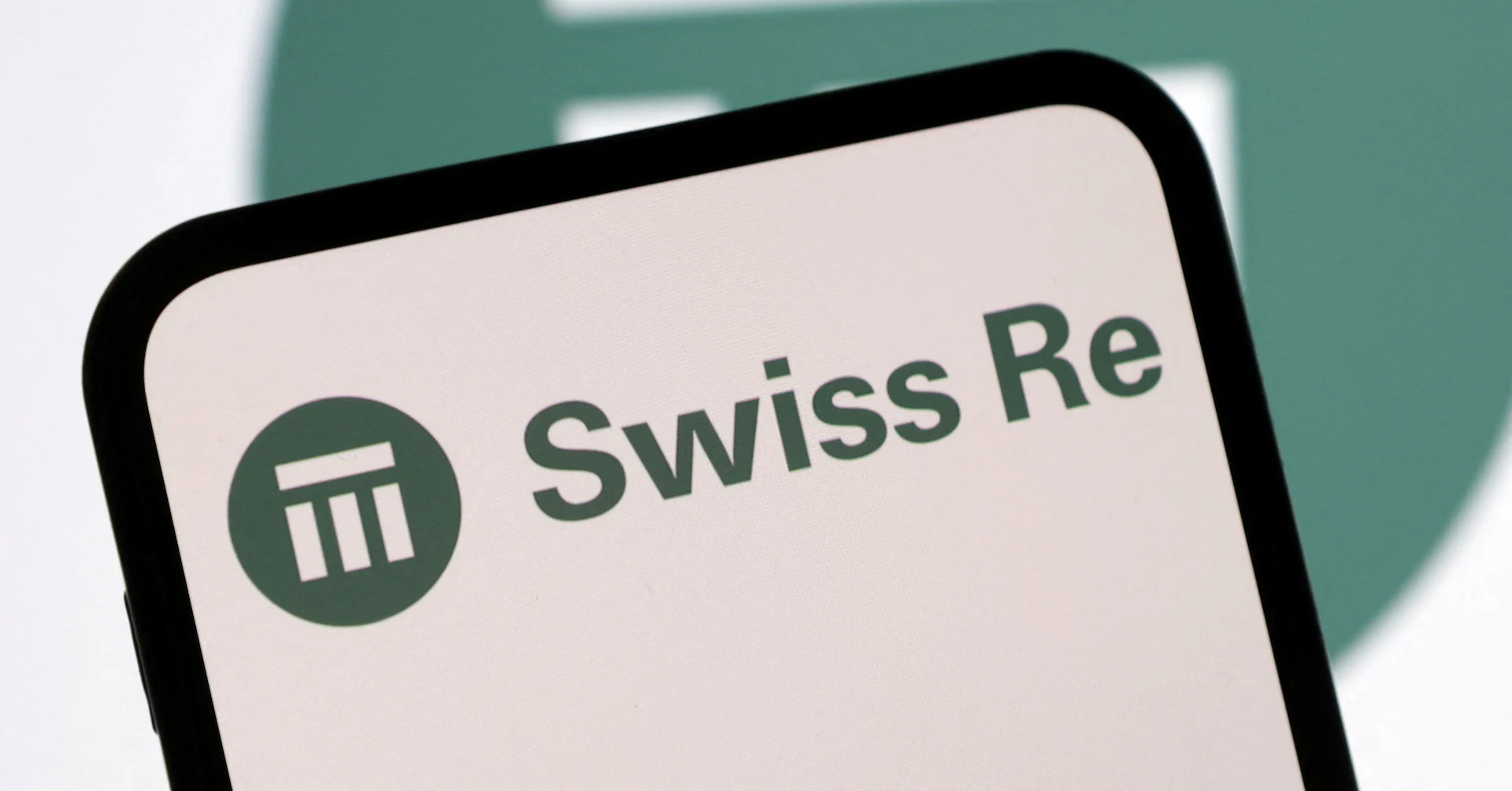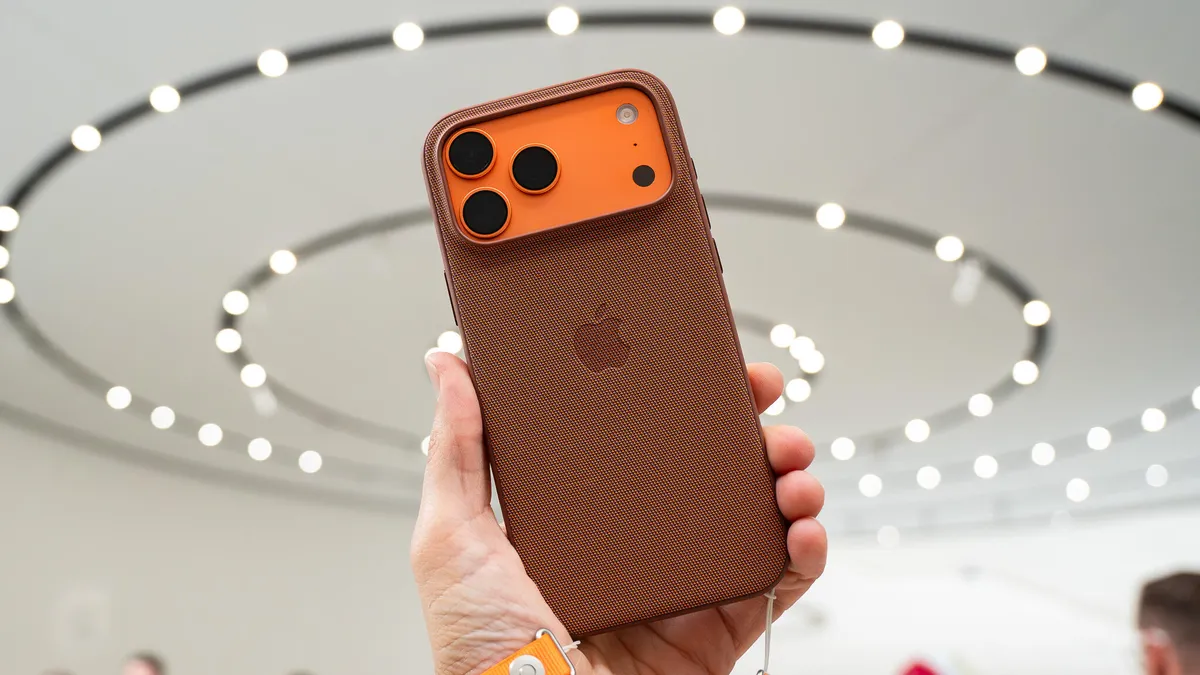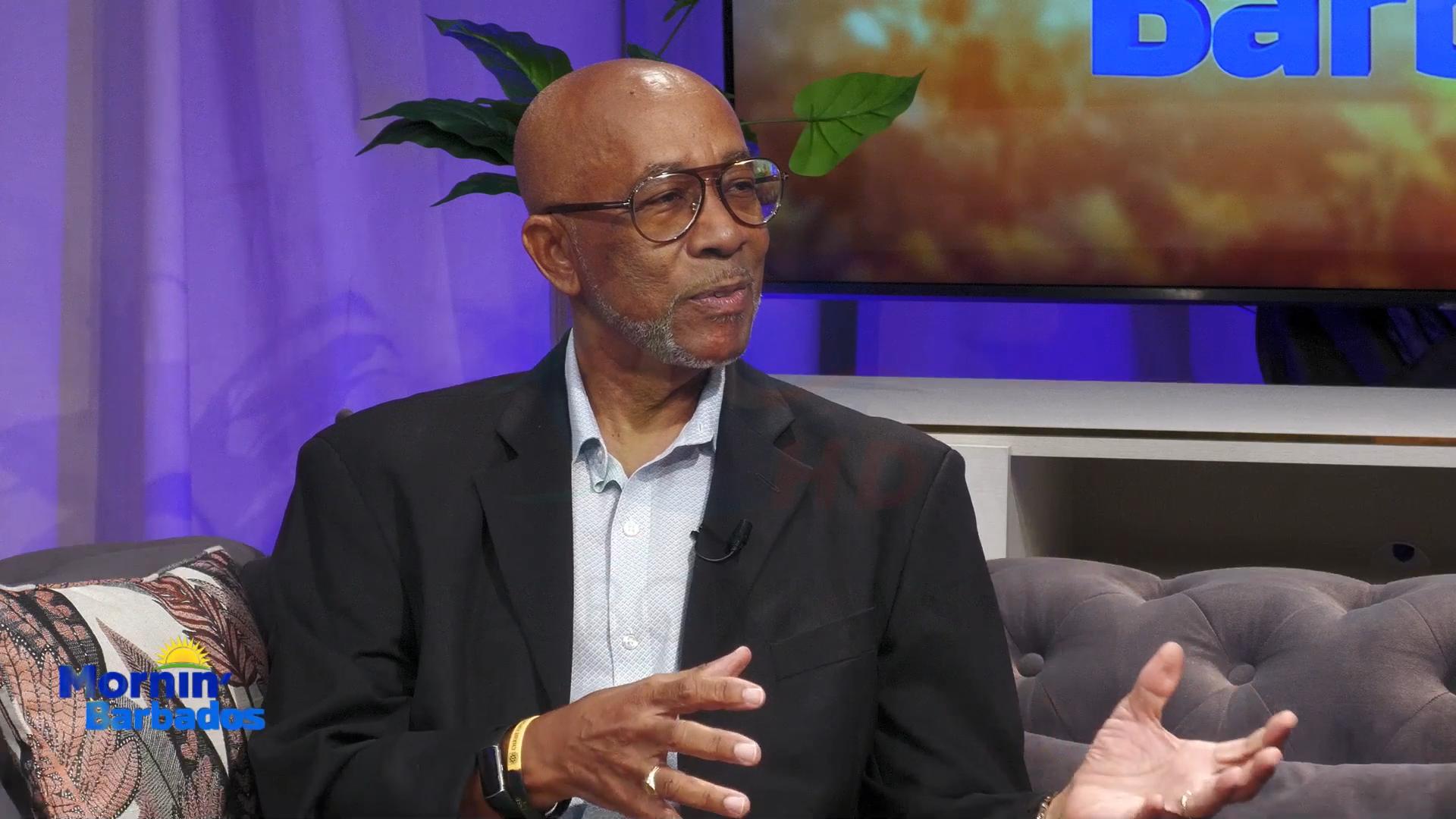
The federal government is yet again careening toward a shutdown ahead of the deadline Tuesday night.
President Donald Trump is due to meet Monday with top Democrats after previously canceling plans for such a meeting. But there is little sign either side is loosening their position on Democrats’ demand – specifically, an extension of enhanced Obamacare tax credits.
White House press secretary Karoline Leavitt said Monday morning that there is “nothing to negotiate.” House Minority Leader Hakeem Jeffries said Democrats won’t settle for mere assurances about how the Obamacare tax credits might be handled later.
As always with these things, it’s a game of chicken. Everyone waits until the last minute – or even until a shutdown actually begins – and then we find out who blinks.
So, who will blink here?
It’s usually a matter of whichever side feels like they are in line to take more of the blame for a prolonged shutdown. But figuring out which side that will be is a lot harder than it’s usually been.
On the one hand, the side that seeks concessions is almost always the one that gets the blame. Polling has repeatedly shown Americans don’t think shutdowns are the place to debate what they view as extraneous issues.
On the other hand, the concession that Democrats – who are the minority in both chambers – are seeking looks like it could put Republicans in an unusually difficult spot, relative to past shutdown debates. And the limited early polling we have suggests Americans who were already pretty sour on Trump’s handling of the federal government could actually still blame him and the GOP.
Americans don’t like using shutdowns for leverage
Let’s take that first part.
The history of shutdown gambits from the minority party (which has usually been Republicans) is pretty tortured. Over and over again, the GOP has sought concessions – things like defunding Obamacare in 2013 and building Trump’s border wall in 2019 – and been forced to back off when it became clear Americans didn’t think a shutdown was worth it.
And that seems to be due, in large part, to the fact that Americans overwhelmingly don’t want shutdowns to be bargaining chips.
Registered voters said 87%-11% that it was “inappropriate” for shutdowns to be “used as leverage in policy disagreements,” according to a 2023 Quinnipiac University poll.
The story was similar in a CNN poll around the same time. Americans said 81%-19% that threatening a government shutdown to achieve goals is “not an acceptable way to negotiate.”
All of which would suggest Democrats, who are in the minority this time, are not in a position of strength.
They’re the ones seeking a policy concession, after all, while Republicans have emphasized that what they’re pushing is a “clean” continuing resolution.
This shutdown could, theoretically, be different
But that’s where things get a little more complicated.
The limited polling ahead of this potential shutdown suggests it’s actually the GOP that is in line for more blame, at least at the outset. And it suggests Americans might actually be sympathetic to Democrats holding the line.
A Strength in Numbers-Verasight poll conducted two weeks ago showed more Americans said they would blame Republicans in Congress (34%) than Democrats (23%). Another 34% said they would blame both sides equally.
Then the poll asked whether Democrats should withhold their votes for a stopgap government funding bill unless “Republicans agree to restore funding for some government health care programs” – basically a summary of Democrats’ policy demand. Americans agreed that they should, 52%-36%.
And then the poll re-asked the blame-game question. And it was largely unchanged.
Even if the government shut down because Democrats voted no after Republicans refused to “restore health-care funding,” the poll found Americans would still blame Republicans (35%) more than Democrats (24%).
This is just one poll, and it comes with plenty of caveats.
It’s likely few people were truly tuned into the details when it was asked two weeks ago. And Republicans haven’t actually ruled out extending the enhanced Obamacare subsidies; they’ve just said it should be debated later when we’re closer to their expiration deadline, and that a shutdown isn’t the place for that.
“That doesn’t happen until the end of the year,” Senate Majority Leader John Thune said Sunday on NBC’s “Meet the Press” of when the subsidies run out. “We can have that conversation. But before we do, release the hostage. Set the American people free.”
That could be a compelling argument that might lead even people who support Democrats’ policy goal to conclude that a shutdown just isn’t the mechanism to make it happen.
Democrats are spotlighting a bad issue for Trump
But the pressure points here are a key difference from past shutdown debates.
Unlike Republicans’ demands to defund Obamacare back in 2013 and to fund Trump’s (quite unpopular) border wall in 2019, the demand Democrats are making today is actually quite popular.
A KFF poll in June showed Americans supported extending the enhanced Obamacare tax credits by an overwhelming margin, 77%-22%.
Even Trump’s own pollster, Tony Fabrizio, has implored the GOP to extend the tax credits and warned them about political blowback if they don’t. In a July memo, he said his polling showed generic Republicans in the most competitive congressional districts losing significant ground if they can be attached to premiums rising and millions losing their health insurance because the tax credits aren’t extended.
The memo also argued the political blowback could be more immediate for the GOP than with the unpopular Medicaid cuts from Trump’s big agenda bill earlier this year, because the impact would be more immediate. (The Medicaid cuts go into effect after the 2026 midterms.)
It’s also worth noting that the broader issue Democrats are seeking to spotlight – health care – is particularly bad for Trump right now. Those Medicaid cuts were a big reason Trump’s agenda bill was so unpopular and that his numbers have tanked on health care.
Both a CNN poll in July and an AP-NORC poll earlier this month showed health care was among Trump’s worst issues tested.
They showed Americans disapproved of his handling of it 62%-38% and 64%-35%, respectively, with even 30% of Republicans disapproving in the AP-NORC poll.
If nothing else, Democrats appear to be teeing up and setting the terms for a debate that divides Republicans and doesn’t have many good answers on the GOP side.
But getting people to actually support a government shut down over it is a difficult political maneuver that would be extraordinary if Democrats pulled it off.



